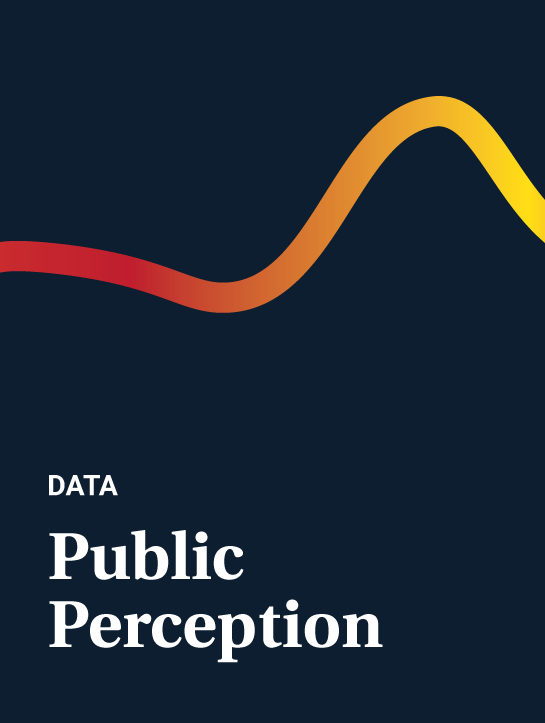Public Perception of Higher Education
Public Perception of Higher Education
Couldn't load pickup availability
What does the American public really think of higher education?
The full results of The Chronicle’s extensive survey of the general population add depth and nuance to discussions of the perceived value of college to students and society. Dozens of questions examine people’s views on how a degree helps graduates, how going to college influences them, and — beyond educating students — what institutional goals are important and how effective those efforts are.
The findings show broad public support, with real caveats. Diving in, you can explore points of confidence and doubt, consensus and divergence, with breakdowns by several demographic factors, including gender, race, income, age, education level, region, political affiliation, and ideology. Americans’ views on higher education are not monolithic. Opinions vary markedly — by subgroup and by which aspects people are considering.
Peruse the data to gain insight into:
- How Americans believe higher education benefits students, communities, and society
- Why people enroll in or recommend college — or don’t
- How different groups think colleges educate and influence students
- Who sees which alternatives to college as a better path to success
- Which of institutions’ many activities the public views as important, and effective
- What fault lines emerge in people’s perceptions of the individual and societal value of college
Included here are:
- XLSX spreadsheet of all tables of survey data
- 424 pages of cross tabs
- data dictionary and methodology
- original survey questionnaire
- end user license agreement
This survey was conducted with Langer Research Associates via the probability-based SSRS Opinion Panel in July and August 2023 in English and Spanish with a qualified sample of 1,035 participants.
Updated: April 2024
Data files: 4
File size: 3.92 MB

